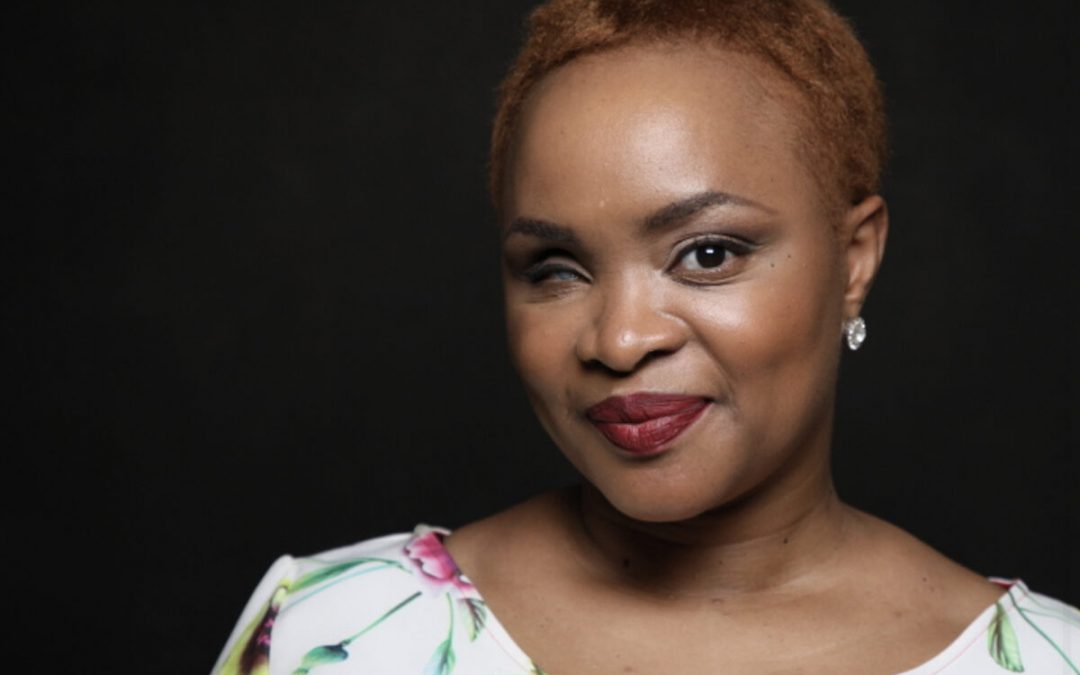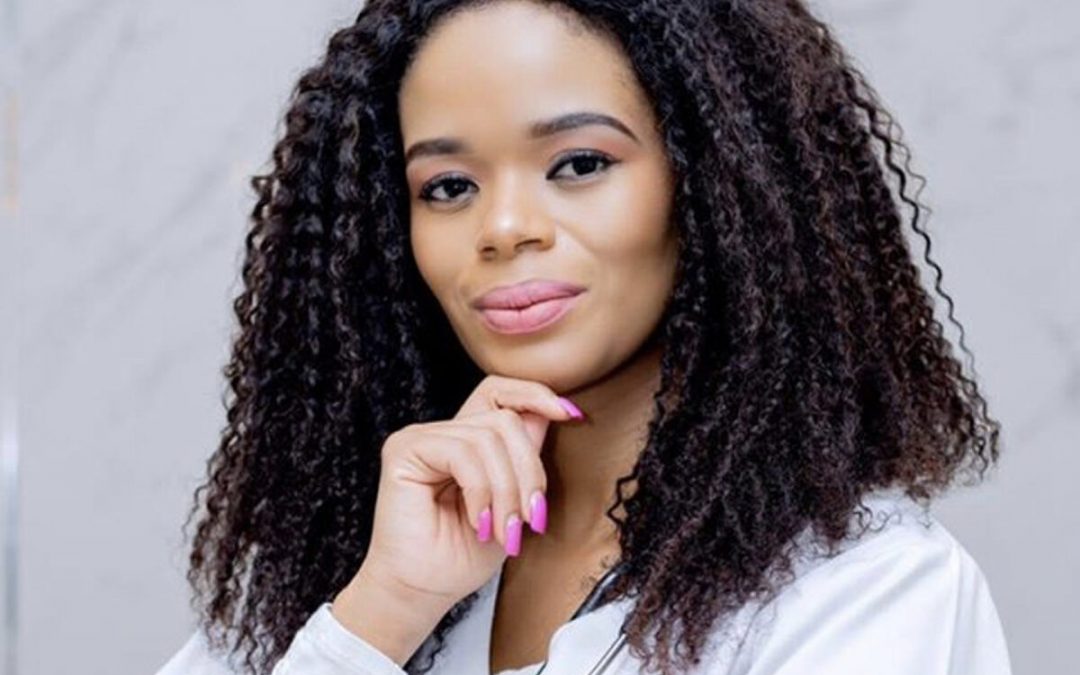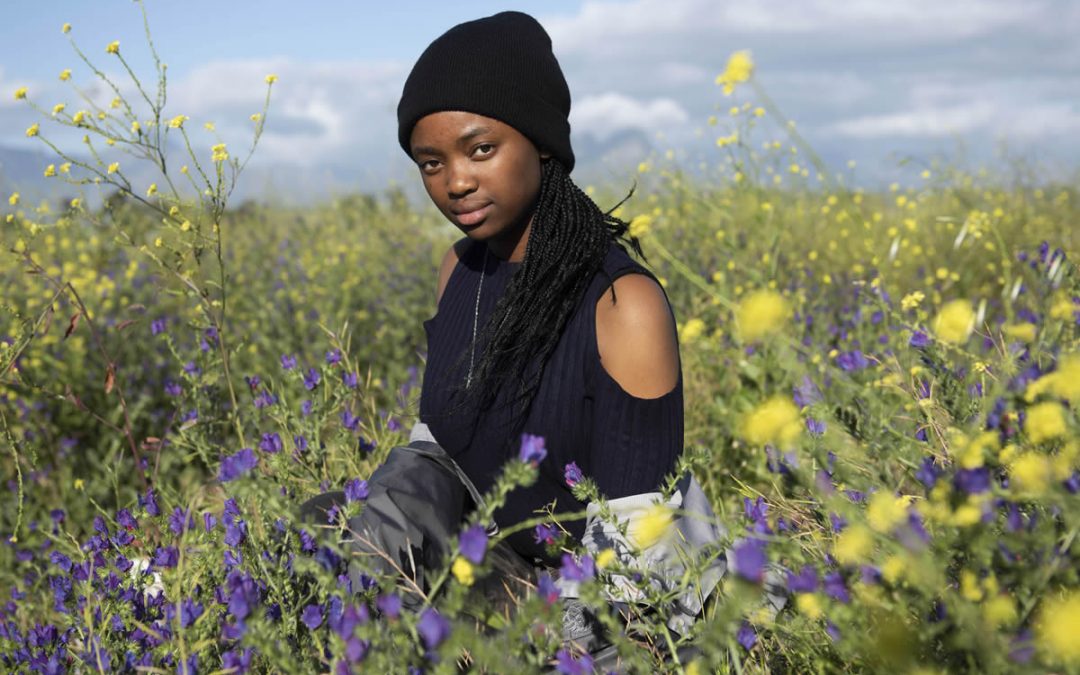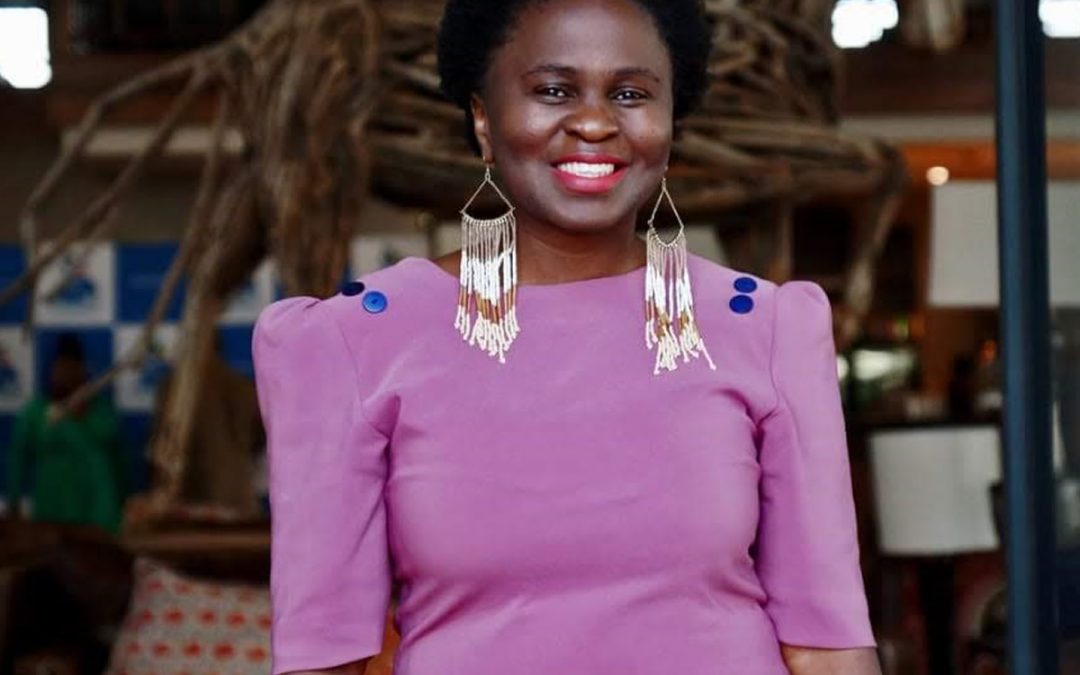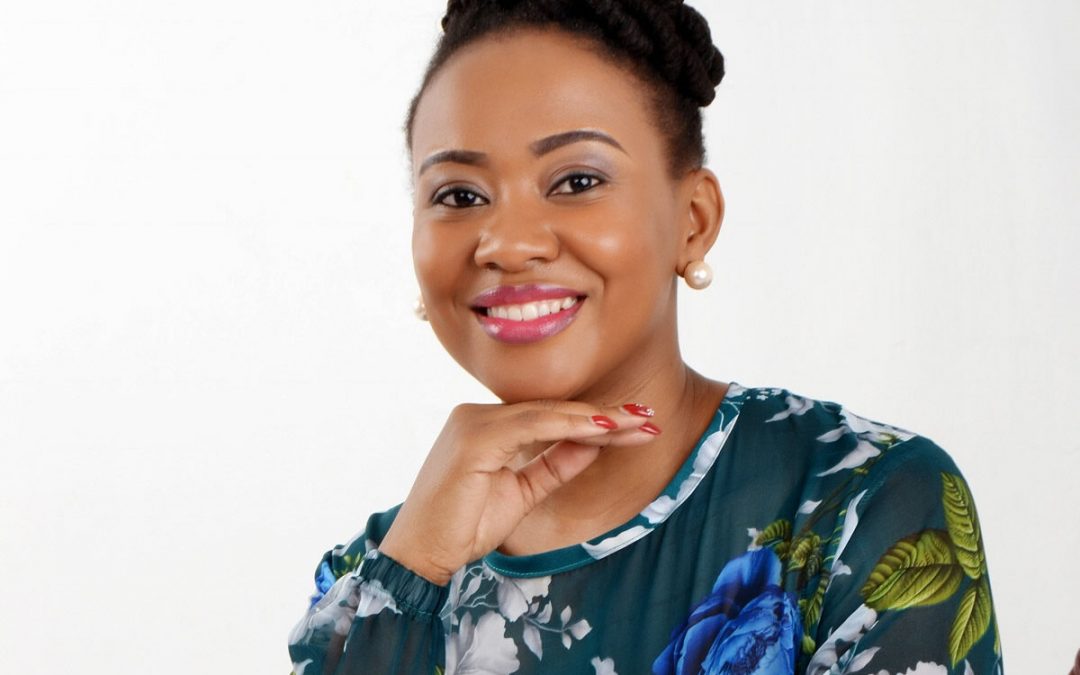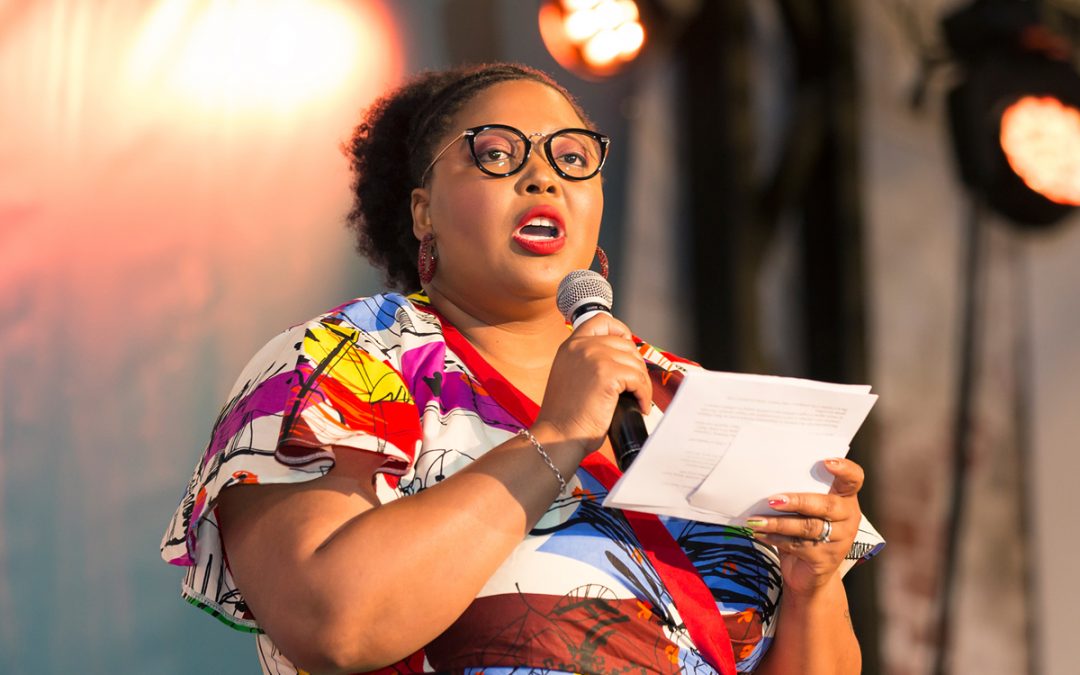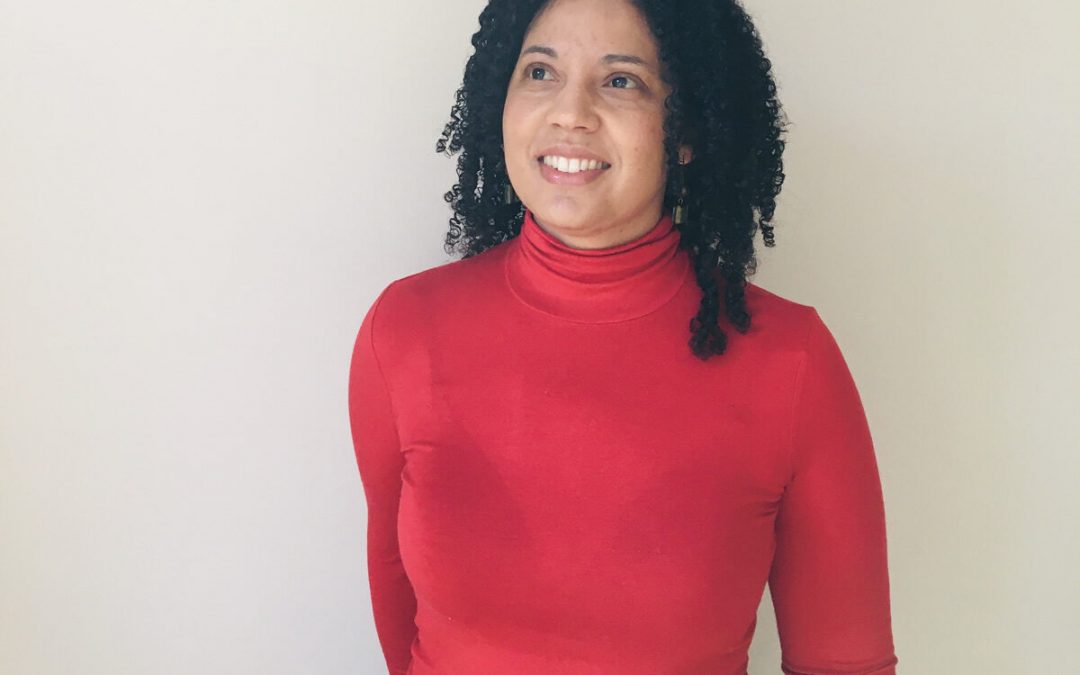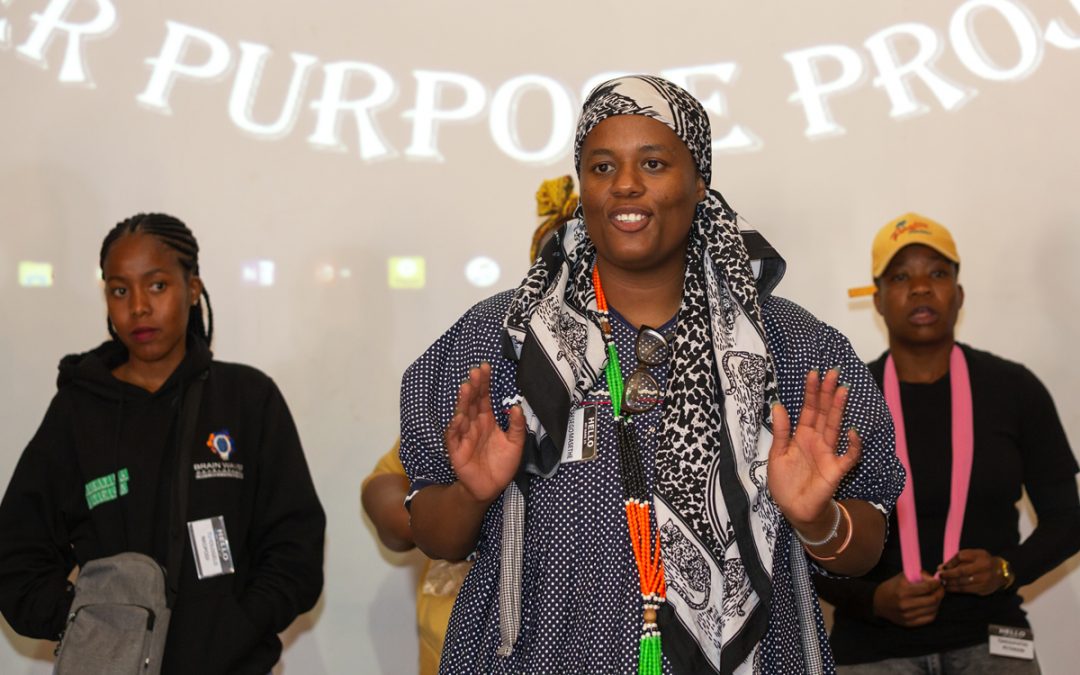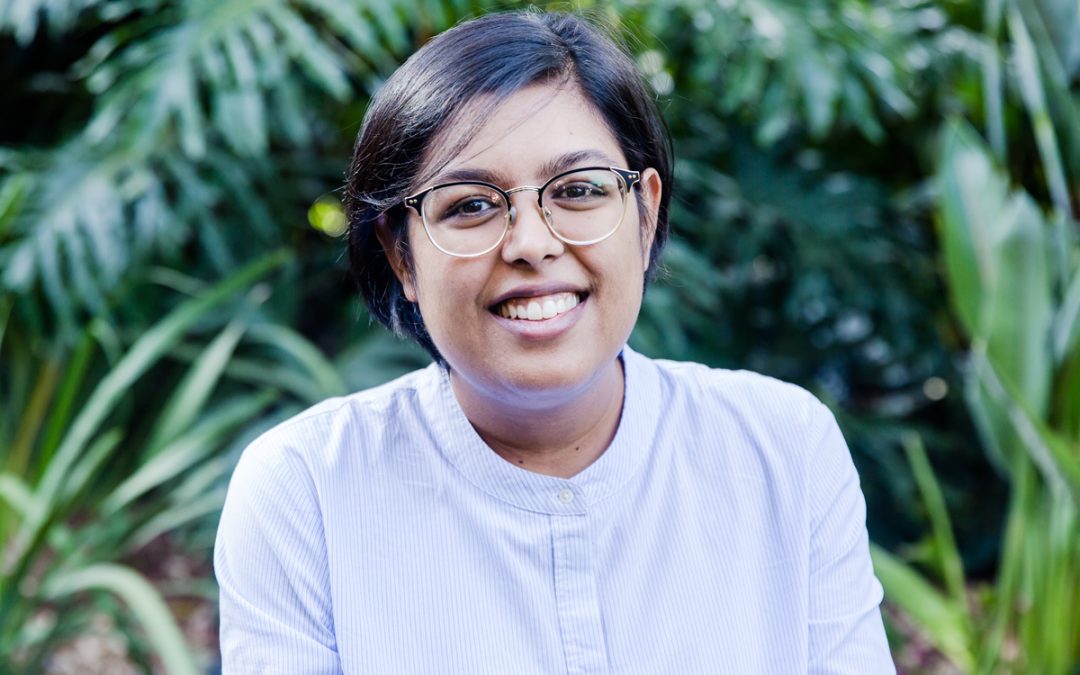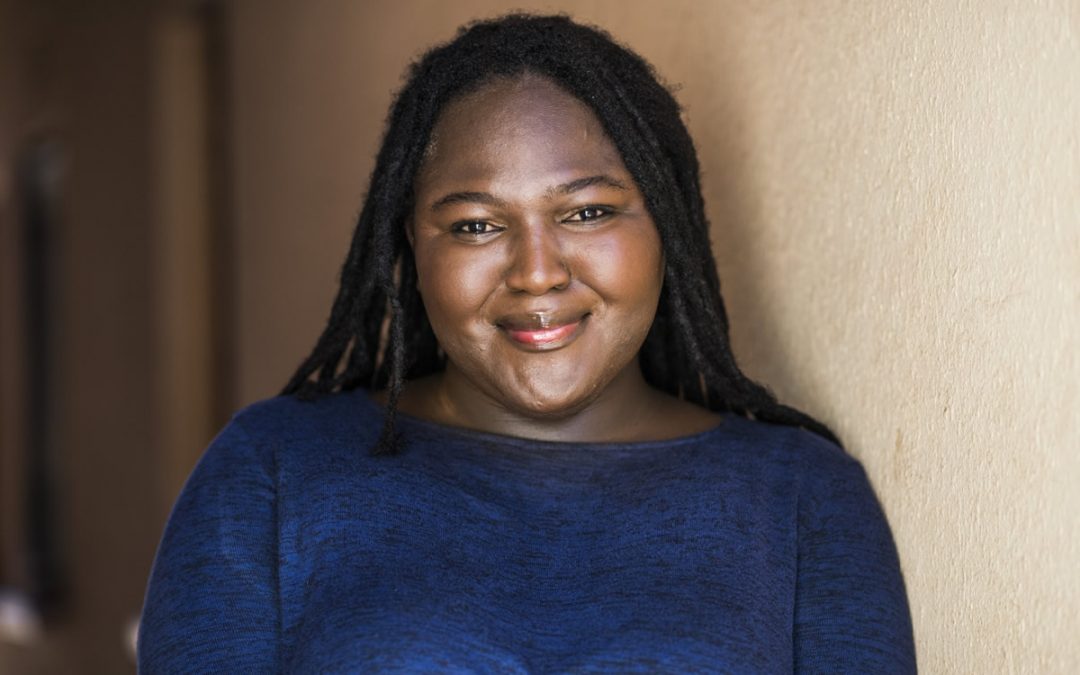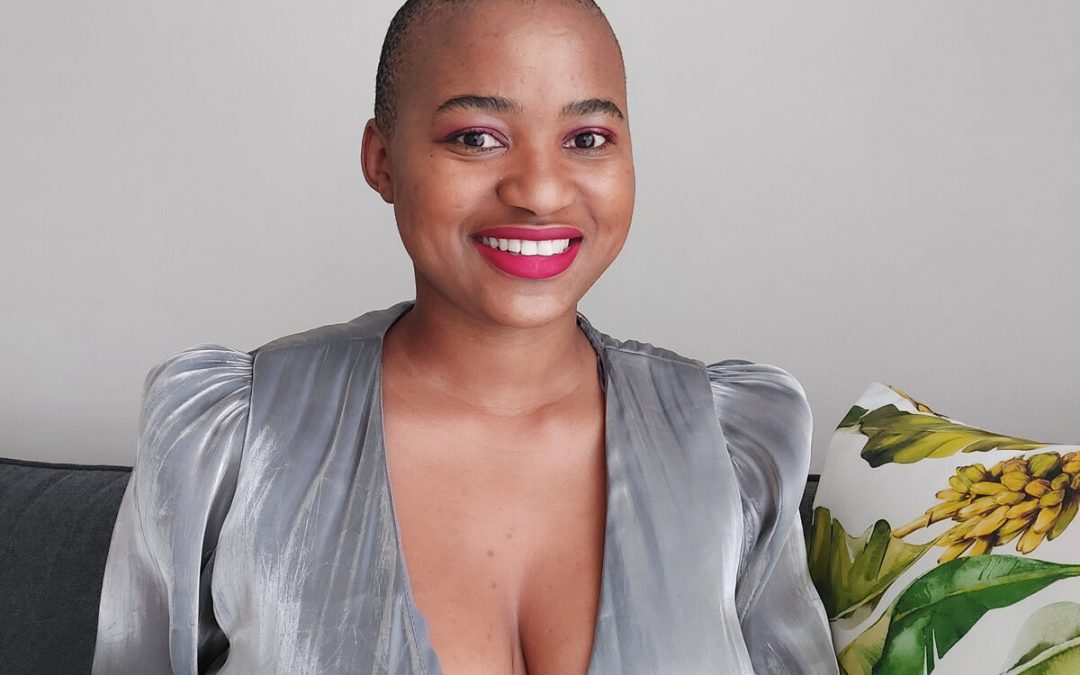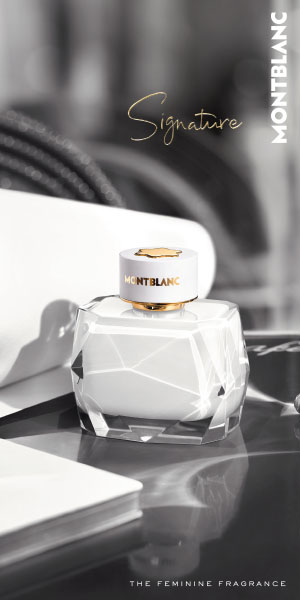Being a young, brilliant black woman comes with its own challenges, even as a doctor.
Salome Maswime wears many hats. A gynaecologist by training, she is also an associate professor and the head of global surgery at the University of Cape Town — and she’s the president of the South African Clinician Scientists Society. She graduated as a doctor from the University of KwaZulu-Natal and later became a specialist obstetrician and gynaecologist. She also has a doctorate in the field and has won numerous awards recognising her contributions to advancing medicine in South Africa and on the continent.
Maswime describes herself as young, hardworking and incredibly passionate about life, equity and justice. “I love doing new things, and I’m not afraid of challenges.”
She comes from Botlokwa in Limpopo but grew up in Venda and Polokwane. Her parents are her biggest inspiration and role models. There are many women who inspire her, especially South African women in leadership positions in the healthcare and education sectors. “I love women who are fearless, honest, and who are disrupting and changing how things are done,” she says.
Maswime considers completing her doctorate in obstetrics and gynaecology as her biggest accomplishment, because the journey opened up a whole new world of opportunities in research and global health. “At the time, very few doctors were doing PhDs and as a young specialist, I was one of very few women who had chosen that path. Many accolades followed after that, but they all came from the work I had started during my PhD.”
She is not shy to celebrate her career achievements, but being a young, brilliant black woman comes with its own challenges — from the lack of trust she experiences as a young woman in senior positions to being mistaken for a medical student, and being asked to call the person she reports to. “A lot of people still struggle to see young women like me as competent, hard-working and talented,” she says.
But choosing to focus on her work helps her to overcome these misapprehensions, because she’s learnt to address incidents when she has been misunderstood or undermined.
“Sometimes we are called ‘equity candidates’ but there are no ‘equity qualifications’. We work hard and persevere, but we have to work even harder to gain acceptance and trust.”


